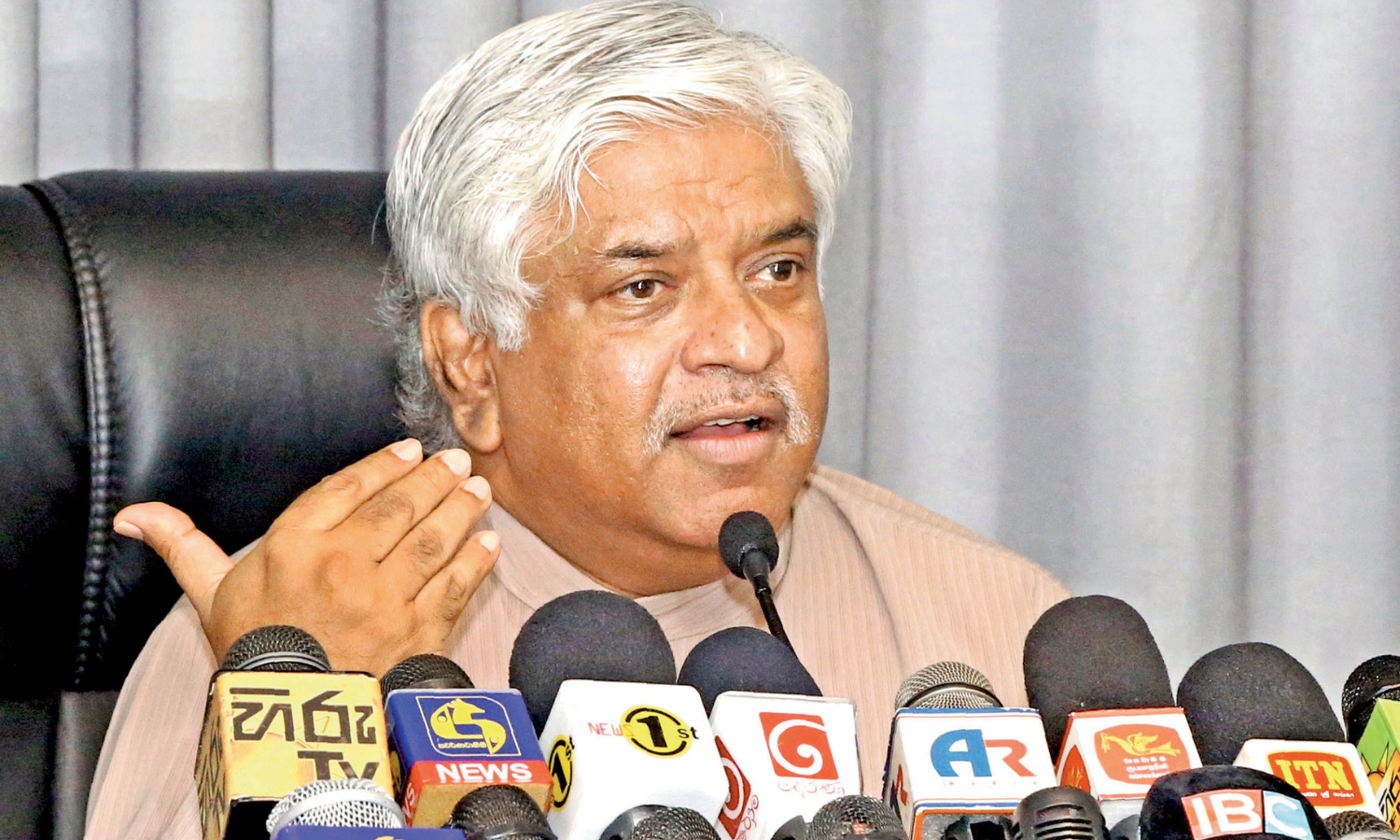Arjuna Ranatunga Resigns from SSC Executive Committee, Citing Decline in Club Cricket

In a move that signals deep concern over the state of club cricket, former Sri Lankan captain, Arjuna Ranatunga has announced his resignation from the Executive Committee of the Singhalese Sports Club (SSC). His decision stems from what he describes as a failure by the club’s leadership to prioritize cricket and implement necessary reforms.
The most concerning issue for Ranatunga is SSC’s relegation to Division Two in the Club Tournament, a development he finds “humiliating.” Despite his hope that the appointment of Mr. Ranjith Pandithage as president would usher in positive change, he lamented the fact that no meaningful policy shifts have taken place to reverse the decline.
Having joined SSC as a schoolboy cricketer and remained a member for over four decades, Ranatunga regards the club as his second home. Despite his resignation, he remains hopeful that the organization will undergo policy changes that truly benefit cricket, ensuring SSC regains its rightful stature in Sri Lankan domestic cricket.
His resignation marks another chapter in Sri Lanka’s broader debate over the management and future of club-level cricket, highlighting the need for strong leadership and reforms.

